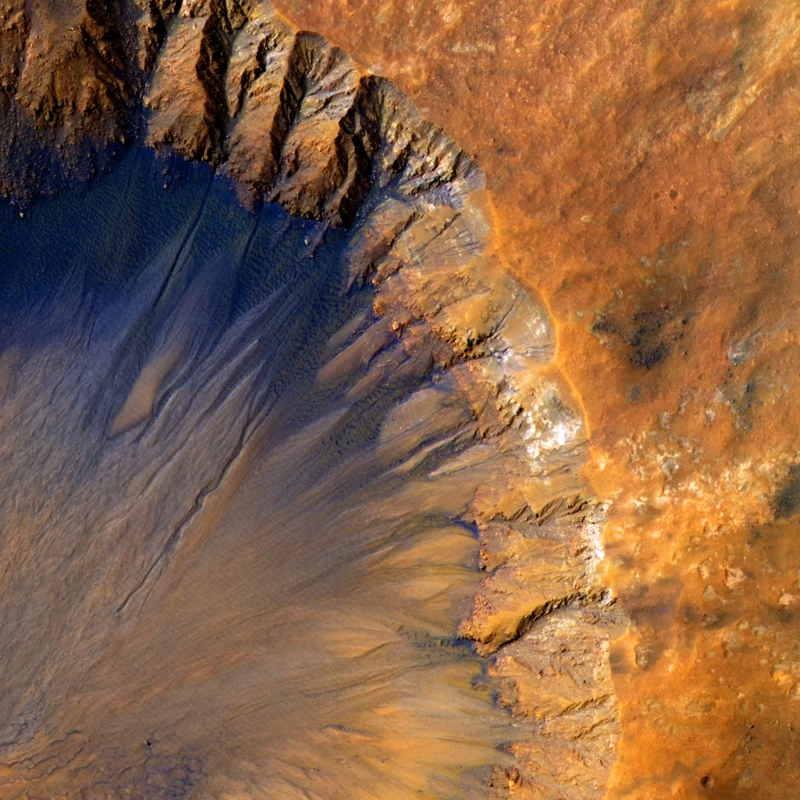
Geoscience
The EU’s unified Neighborhood, Development and International Cooperation Instrument (NDICI) provides the means to secure the Africa-EU Infrastructure for Geoscience (AEIG) programme within the framework of the Africa-Europe Radio Astronomy Program (AERAP). This programme promotes partnership with Sub-Saharan Africa and directly addresses, actions linked to the UN Sustainable Development Goals and the global challenges of training women and climate change. It is in line with UN SDG 17, “partnerships for the goals” and the African Union’s Agenda 2063 for socio-economic transformation.
Specifically the programme would address:
1. Synergies between African and European geological surveys and research consortia.
2. Human capital development including designated funding for development of young women geoscientists and young researchers
3. Support for water security, agricultural sustainability, energy security, raw materials availability especially with regards the critical minerals necessary for decarbonisation, the blue economy, and community safety from geohazards including climate change and the Green Deal.Human capital development including designated funding for development of young women geoscientists and young researchers.
4. Critical information for global, national region and local government policymakers, land-use and natural resources management and regulators;
5. Digital and sensor infrastructure for geo-and related sciences.
Viable solutions to ensure carbon neutrality in Europe by 2050 must be based on accurate, reliable Earth-related data. Strategically collecting the vast amounts of necessary data will involve developing and constructing cutting-edge analytical platforms and ICT infrastructure. It will also require a step-change to empower African and European citizens to engage in citizen projects throughout our two continents. The production of young new geoscientists, particularly women, with data analysis and management skills will accelerate sustainable growth, create new jobs, and provides the promise of more virtual mobility through the availability of the new data.
Beyond the direct data and related societally important knowledge gained, an AU-EU geoscience partnership would also yield exciting new insights in fields such as geodesy and geodynamics and is likely to influence existing fundamental scientific paradigms in myriad other fields from astronomy to zoology.
